Diarrhoea is one of the most common digestive upsets in dogs. While it’s usually not serious, it can be uncomfortable for your furry friend (and stressful for you as a pet parent). The good news is that in many mild cases, simple dietary changes at home can help your dog recover quickly.
This article covers what to feed your dog when they have diarrhoea, what to avoid, and when it’s time to call your vet.
Step 1: Give Their Stomach a Short Rest
For mild diarrhoea (no blood, vomiting, or signs of dehydration), many vets recommend withholding food for 12–24 hours. This gives your dog’s digestive system a chance to rest. Make sure they still have access to fresh, clean water at all times to prevent dehydration.
Step 2: Transition to a Bland Diet
After the fasting period, reintroduce food slowly with bland, easy-to-digest options:
-
Boiled Chicken & Rice: Skinless, boneless chicken breast with plain white rice.
-
Boiled Lean Ground Turkey: Cooked thoroughly, served with rice or pumpkin.
-
Plain White Rice or Mashed Potato: Provides energy while being gentle on the gut.
-
Pumpkin (plain, cooked or canned): High in fiber, helps firm up loose stools.
-
Boiled Carrots or Sweet Potato (mashed): Soft, mild vegetables that are easy to digest.
Feed small, frequent meals (3–4 times daily) rather than one or two large ones.
Step 3: Add Gentle Gut Helpers
Once stools begin to improve, you can support recovery by gradually including:
-
Probiotics for Dogs: Restore healthy gut bacteria.
-
Plain, Unsweetened Yogurt (if your dog tolerates dairy): Provides natural probiotics.
-
Specialist Veterinary Diets: Some commercial gastrointestinal formulas are designed for sensitive stomachs.
-
Digestive Supplements: A targeted digestive supplement like GutShield Essential can be made a regular part of your dog’s diet to support a healthy gut microbiome, reduce the risk of recurring digestive upsets, and maintain overall digestive wellness.
Step 4: Foods to Avoid
Certain foods can make diarrhoea worse and should be avoided:
-
Fatty, greasy, or fried foods
-
Dairy (milk, cheese, cream) if your dog is lactose-sensitive
-
Highly seasoned or spicy foods
-
Raw meat during recovery
-
Bones, treats, or chews that are hard to digest
When to Call the Vet
While mild diarrhoea often clears up in 1–2 days with diet changes, some cases need veterinary attention. Contact your vet if:
-
Diarrhoea lasts more than 48 hours
-
There is blood or black/tarry stool
-
Your dog is also vomiting, lethargic, or has loss of appetite
-
Signs of dehydration (sunken eyes, dry gums, skin that doesn’t bounce back when gently lifted)
-
Your dog is a puppy, senior, or has underlying health conditions
Final Thoughts
Diarrhoea in dogs can be worrying, but in many cases, a short rest, bland diet, and gentle reintroduction of gut-friendly foods will do the trick.
To help prevent future episodes, consider making a digestive supplement like GutShield Essential part of your dog’s regular routine. With its science-backed formulation, it helps strengthen gut health, making your pup more resilient to everyday digestive upsets.
Always monitor your dog closely, keep them hydrated, and don’t hesitate to reach out to your vet if symptoms persist or worsen.
By knowing what to feed (and what to avoid), you’ll help your dog recover comfortably and get back to their happy, tail-wagging self in no time.
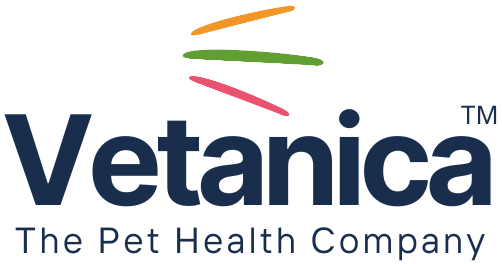
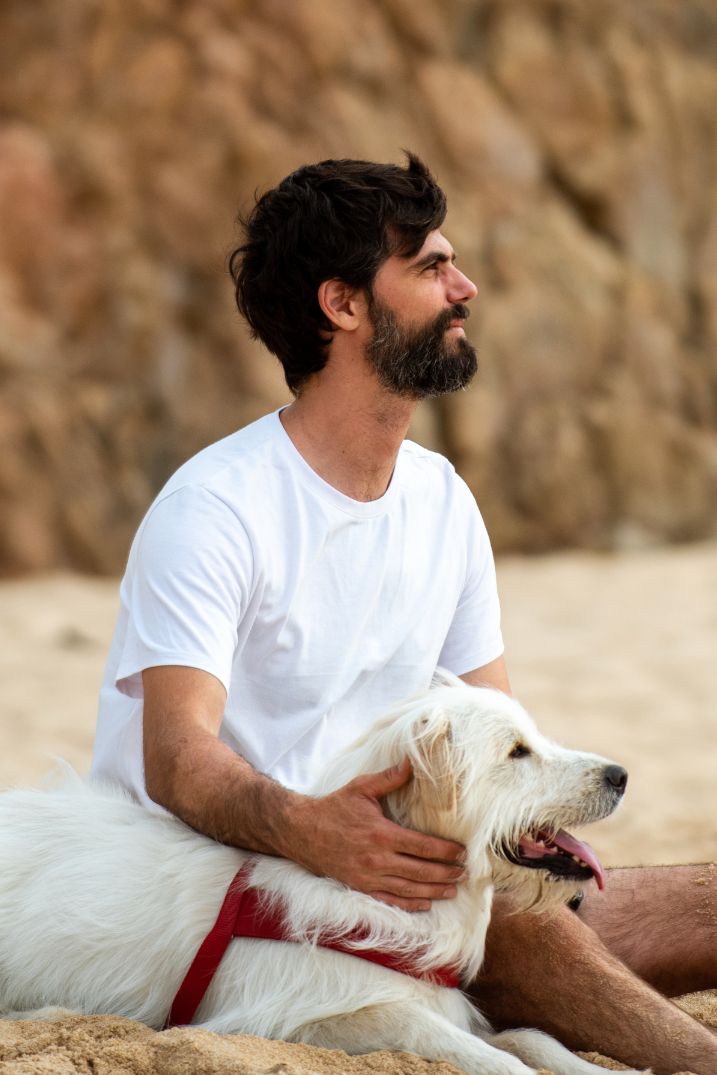
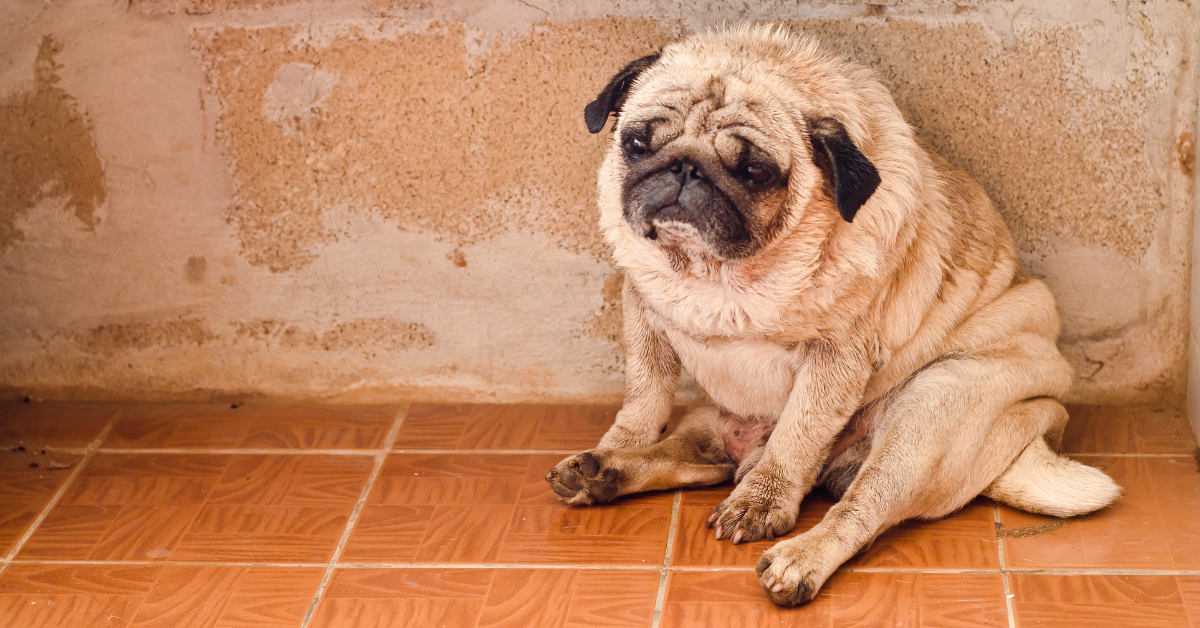
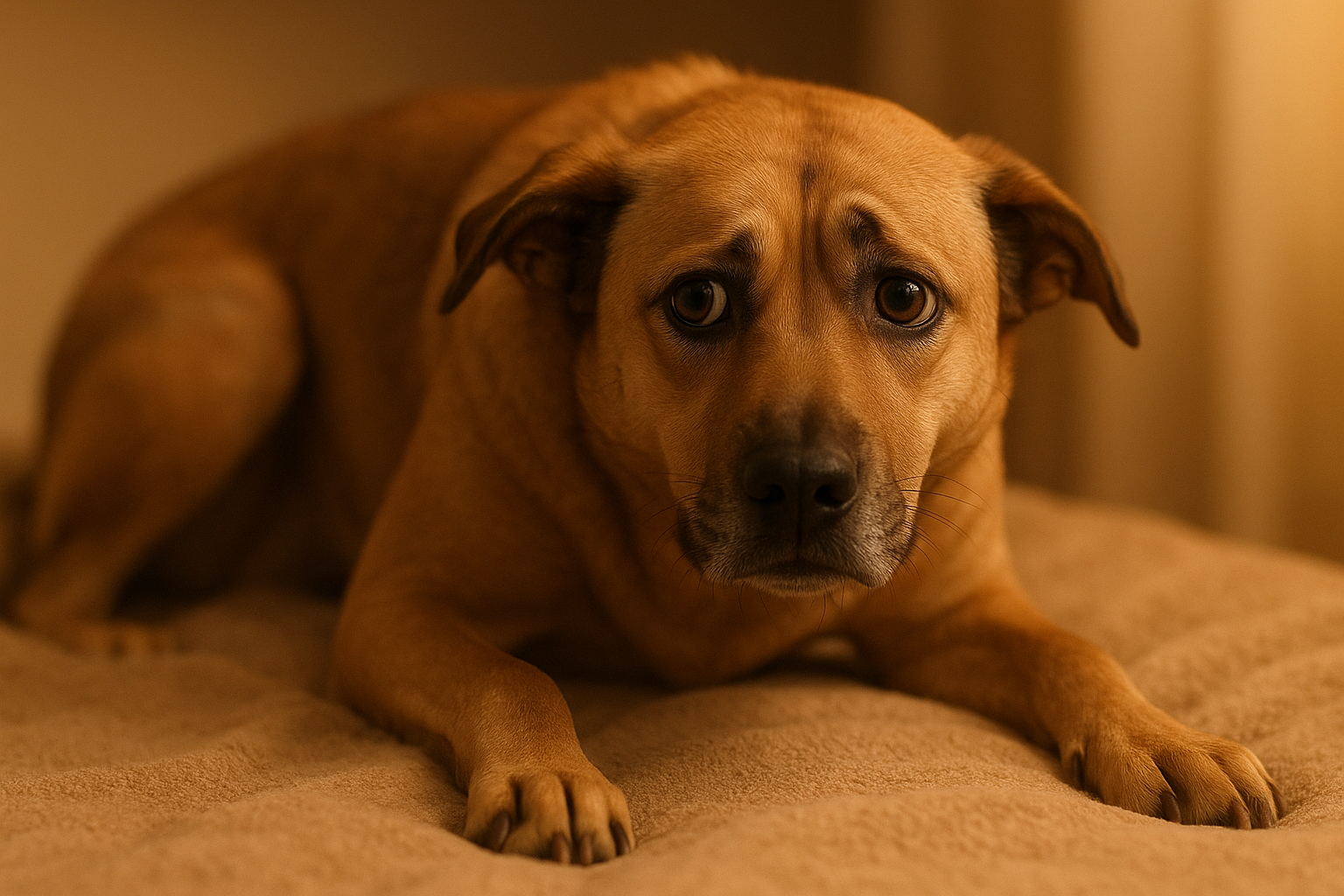

How to Care for Your Senior Dog: Right Knowledge and Preparation
How to Deal With a Dog with Separation Anxiety